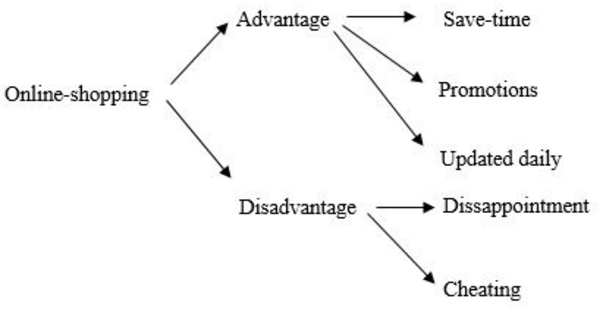A lot of IELTS candidates find Writing Task 2 is a huge challenge. Unless you’re so lucky that the topic falls right into your concern, it is somehow challenging for an economics student to write an essay about climate change. From my personal experience, the best tip I’ve learned so far that can help you improve your writing and also gain some knowledge is to read more.
When you first hear “read more”, you probably think of those National Geographic magazines that are full of concepts and principles you have never heard before; or those serious political issues in other countries that are so complicated and confusing to you, don’t worry, it’s definitely not what I mean here (unless you find it’s interesting the go ahead). What I’m encouraging you is to be more selective, starting with something really general and something which interests you; general in terms of topics (daily-life issues, healthy lifestyles, environmental issues) and in terms of analysis (compare and contrast, reasons-consequences, suggestions). You can read daily magazines and education websites, whereby the writing style is natural and interesting yet still provides general knowledge. Another good source of reference is the band 8 onwards essays that you can find easily on the Internet. The topics are more specific and the academic level is much higher.
After you have a good resource of information, the next thing you can gain from reading is the ideas for IELTS topics. You don’t have to memorize those terminologies or those highly academic vocabularies, what you should keep for yourself is the ideas. As you read, you may draw a simple mind map so you can go over easily later. For example, when I read about online-shopping. They discussed about its benefits and drawbacks, followed by examples and even their personal experiences. My mind map looks like this:
Practicing this not only helps you improve your summarizing skills, but also you gain lots of ideas to use for IELTS. Moreover, when you get used to this habit, it is way easier when it comes to the exam day, you have your ideas in your mind. All you have to do next is to put them together nicely, which I am going to cover in the next paragraph.
Coherence and cohesion is also one of the essential elements that builds up a good essay. By reading you can learn about how authors organize their ideas, how they use varied sentence structures, how they combine so naturally the spoken and academic languages. You will also see how the authors select examples, reasons and consequences to support their main idea. You may then highlight what you find interested in and practice using them in your own essay for several times. “Practice makes perfect”.




























